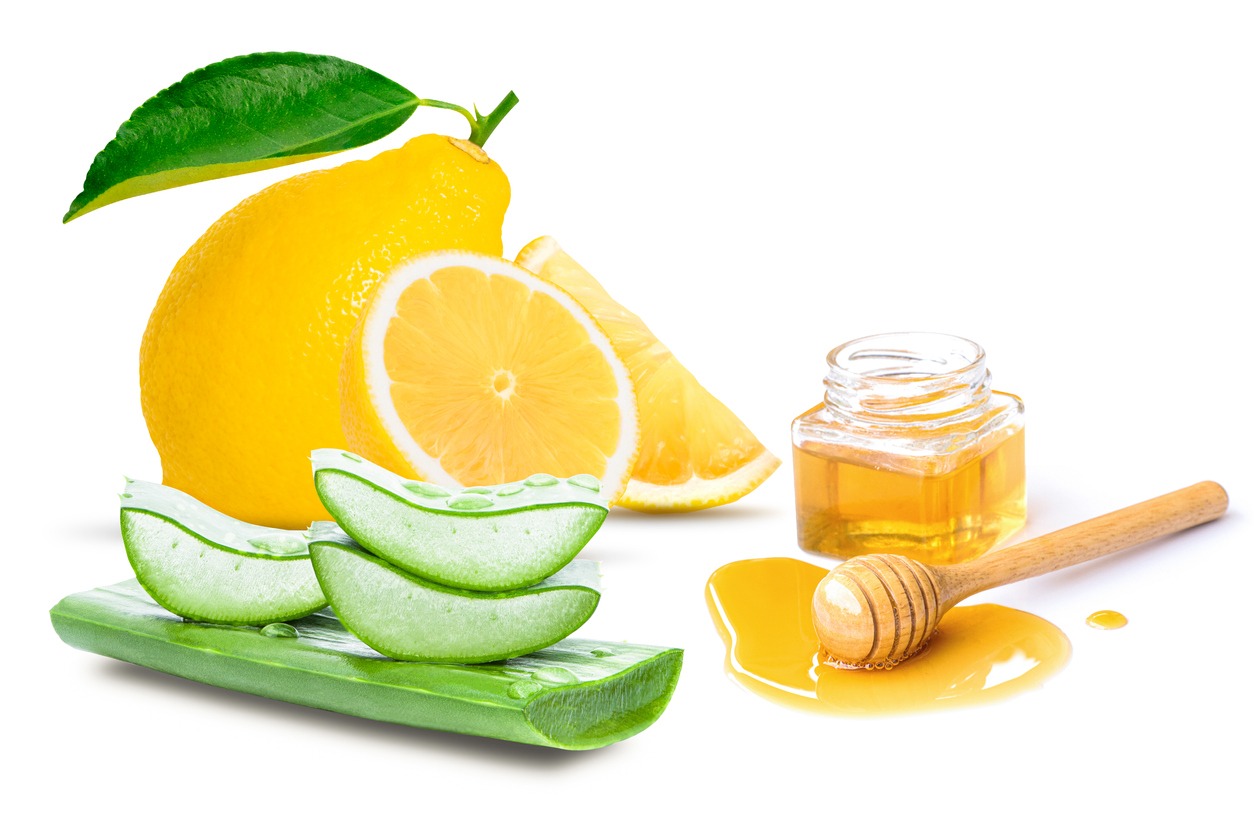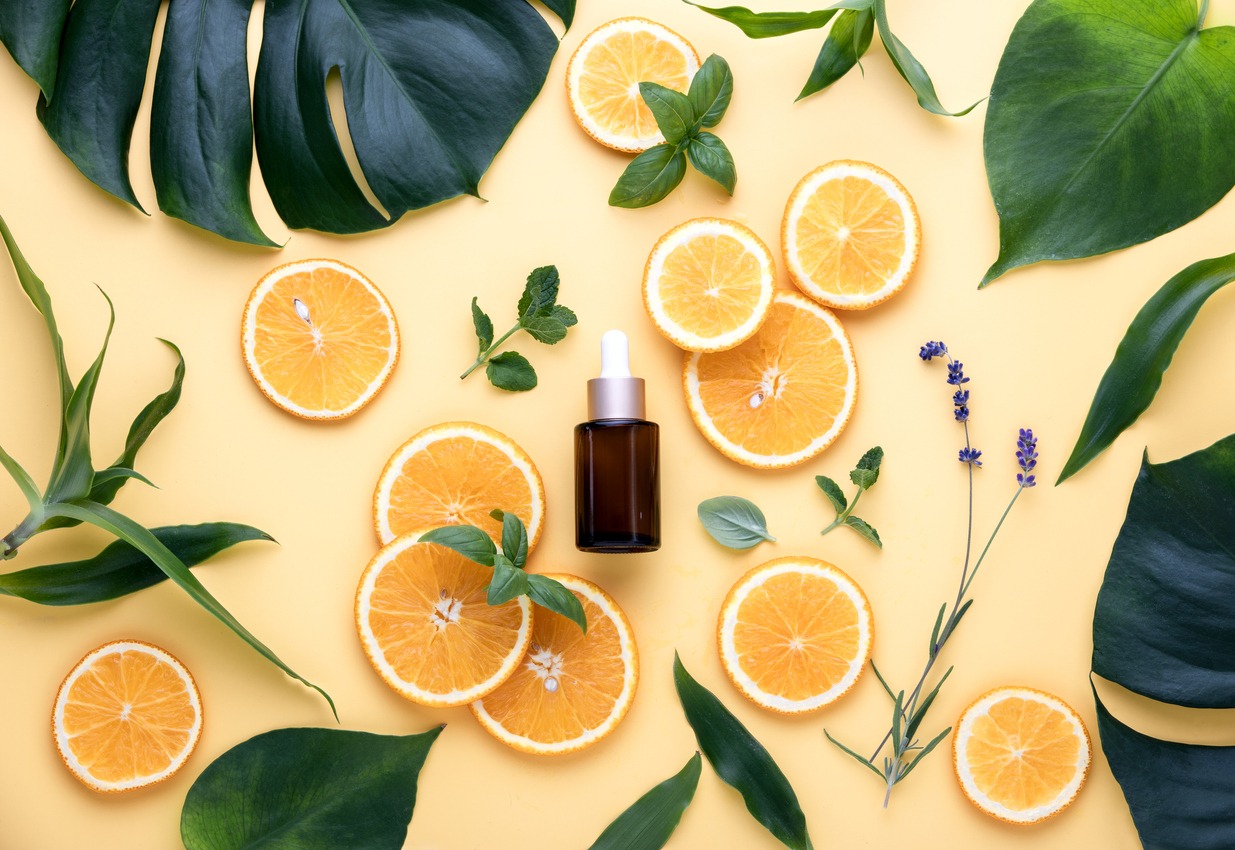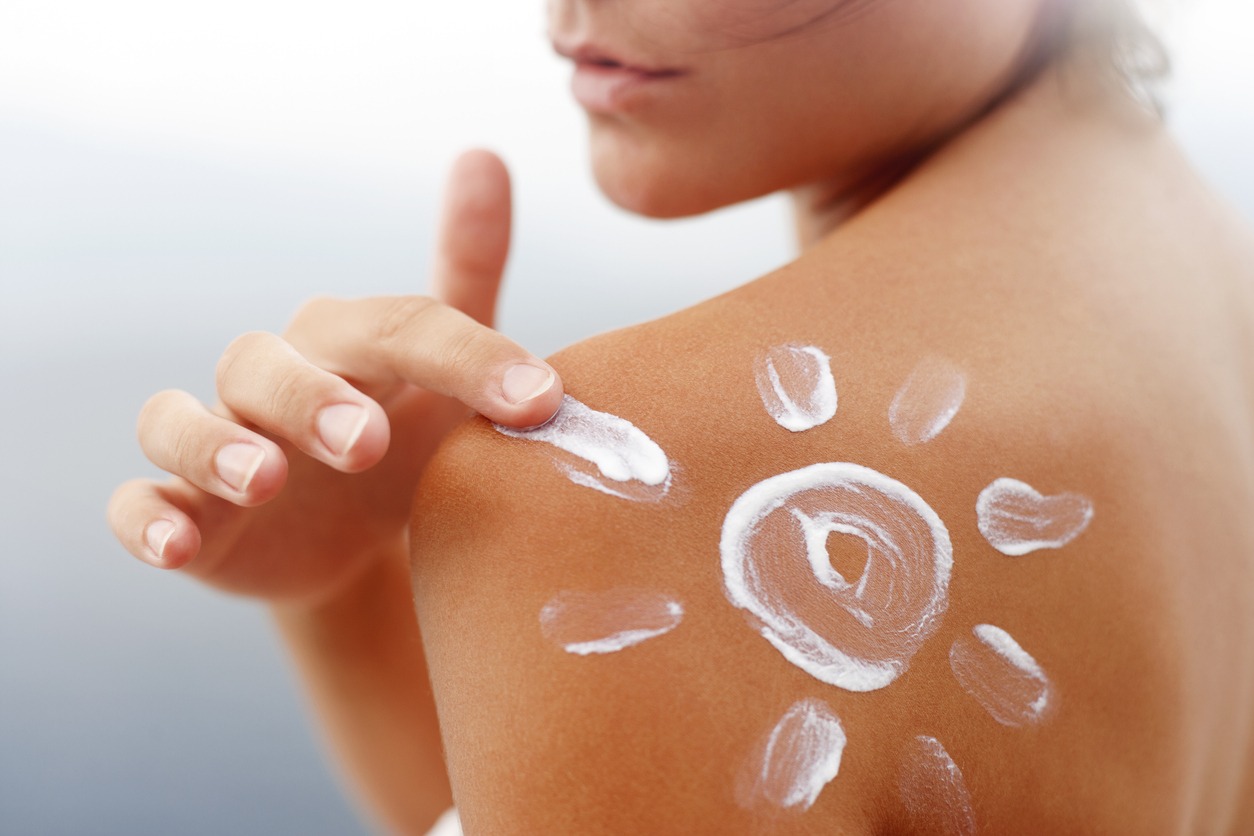You’ve survived the snow and the rain, and now it’s time to enjoy the summer. However, it would help if you first considered the potential effects of spending more time in the sun on your skin. In addition to causing sunburns, the sun’s ultraviolet (UV) rays have been linked to hastening the onset of other indications of aging, such as wrinkles, age spots, and sagging skin. Weekend trips, vacations, and parties by the pool or ocean are all highlights of the summer. Because of this, it is a great time to revamp your skin care regimen. The scorching, dry, or humid weather coupled with those longer daylight hours may affect our skin differently than the colder, darker days of winter. Everyone needs to take several precautions, such as wearing sunscreen and limiting how often they take showers.
Effects of Summer on Skin
It’s summertime, so it’s time to get out the bikinis, the alcoholic beverages, and the truly amazing feelings. However, there are some less pleasant aspects of the changing seasons, such as significant skin changes. These are the most significant ones to look out for:
1. The skin becomes oilier
Though there’s nothing quite like basking in the sun during the warmer months, all those rays of happiness may do more harm than good to your sebaceous glands. High temperatures and high humidity exposure sometimes trigger an increase in oil production.
2. Frequent Acne Outbreaks Occur
Acne is exacerbated by increased oil production because the skin becomes more clogged. The extra sunscreen you’re wearing, plus the fact that you may need to be removing it correctly throughout your bathroom routine, are all potential causes of this problem. Sunscreen should be completely washed from the skin after use. Acne is exacerbated by improper skin care. Therefore, you should step up your double-cleansing routine. Due to the increase in sweat, you may notice an increase in the number of pimples on your back, chest, and face.
3. The skin may appear drier
Rising temperatures can be very harsh on the skin, making it seem drier and rougher. Dry heat, especially if not accompanied by humidity, can cause the skin to feel and look like parchment paper. Once the moisture evaporates, the fine lines and wrinkles become more prominent.
4. Skin Dehydration Could Occur
Dry skin is a common side effect of being indoors all day in air conditioning where humidity levels are low. Both cause skin to lose moisture, which manifests as dryness and, more crucially, a breakdown in the skin’s protective barrier. Many people find their already dry skin much more sensitive in these conditions.
5. Active sweat glands
Perspiration is a healthy sign, so don’t worry about getting your clothing wet. Your body attempts to bring down your core temperature. We mustn’t let the body overheat, so sweat glands become more active when your internal temperature rises. Sweating cools us off because it drains the water, toxins, salt, and minerals from the skin’s surface.
6. The Skin May Become Dry from Chlorinated Water
Spending more time at the pool during the summer months is natural. Cooling down in the water is a great method to beat the heat on those scorching summer days. Chlorine water, on the other hand, prevents your skin’s natural oils from moisturizing it. Because of this, your skin may end up feeling dry and flaky. In the worst situations, it can cause an itchy and annoying rash after prolonged pool use.
7. UV Radiation Causes Skin Alteration
In the summer, everyone can’t wait to work on their tan. However, sun exposure does more than merely darken your initial skin tone and make freckles appear. If you don’t take precautions, prolonged exposure to sunlight will cause sunburn. Sun damage, including leathery skin, wrinkles, uneven pigmentation, edema, and other indications of premature aging, is caused by too much UV or ultraviolet light.
8. Intense summer heat may bring on eczema outbreaks
The sun’s UV rays and an increase in humidity may be detrimental to those who suffer from eczema. Redness and skin irritation are possible side effects of high summer temperatures. It’s, therefore, important to keep your body temperature down if you suffer from such problems. Furthermore, make sure you’re well-protected whenever you go out.
9. Bacteria Can ruin Skincare Products
Besides being more numerous in the summer when the air is hot and muggy, bacteria thrive in the winter when it is cool and dry. Keep your skincare items in a cool, dry place to prevent bacteria growth.
10. Freckles Persist During the Summer
Unlike moles, which tend to maintain their pigmentation, they can easily change color in the sun. They will “pop to the surface” after exposure to minimal UV light.
Summer Skincare Routine
During summer ice-cold soda will replace hot soup as the beverage of choice, while the cotton will replace all synthetics as the favored fabric. You put aside your suede sandals and bring out the umbrella to keep the sunscreen company. Here comes summer in all its blazing, blistering beauty and a plethora of skin care complications. For those with oily skin, the problem worsens, and for those with dry skin, it becomes spotty. Acne and other skin issues like breakouts, pimples, rashes, and roughness recur. Making some minor adjustments to your regular skincare routine will also make you ready to shine through this season. Here are a few helpful hints for maintaining healthy skin during summer.
1. Think about switching up your face wash
Changing from winter to summer facewash is something to keep in mind. A hydrating face cleanser is all that’s needed in the winter, but in the summer, you’ll need one that can remove extra oil from your skin. A non-foaming cleanser is a good option for those with dry skin. It’s also a good choice for those with combination skin. Maintaining your face clean and refreshed by washing it multiple times a day is important.
2. Always remember to wash your face twice a day
Extreme heat and humidity can cause your skin to produce more oil than usual, and you may also discover that you sweat more heavily in the summer than at other times of the year. You shouldn’t let the accumulated grease and sweat sit on your skin for days. Cleansing twice a day with a foamy face cleanser is, thus, the finest skin care regimen to help maintain skin matte yet moisturized during the summer. Avoid having oil and sweat sit on your skin all night by washing them off immediately. Then, take care of your skin by washing it well before bed.
3. Exfoliate regularly throughout the summer for softer skin
The secret to radiant, silky skin is exfoliation. It cleaned the skin of dead cells that were dulling it. Congestion of the skin can occur due to the particles blocking its pores. Use an all-natural exfoliant, like a paste made of coffee grounds, oil, and salt. Remember that you need to exfoliate your face and entire body. Be careful not to irritate your skin as you exfoliate. Avoid excessive exfoliation at all costs to avoid skin bruising and subsequent rashes. Mild, gentle exfoliants are best for people with sensitive skin.
4. Always protect yourself from the sun by applying sunscreen
Sunlight contains harmful ultraviolet (UV) radiation, both in the form of UV-A and UV-B. In addition to giving you a tan that won’t go away, these tanning beds also pose serious health risks, including accelerated skin aging, age spots, wrinkles, and fine lines. Even if you spend most of your time indoors during the summer, you still need to protect your skin with high-quality sunscreen with an SPF of 30-50. If you plan to swim, make sure to reapply your sunscreen frequently.
5. Do not apply too much makeup
Applying too much makeup at once blocks pores and makes skin look and feel unhealthy. Skin’s ability to breathe is reduced by high humidity and temperature. If you need to put on makeup but want to avoid bothering with foundation or other heavy cosmetics, try tinted lip balm and tinted moisturizer.
6. Make sure you get plenty of fluids
Water is the primary component of normal skin. Maintaining smooth, glowing skin is one of its many benefits. You should always have a bottle of water on you and drink at least two to three liters of water per day. Water is also essential for excreting waste products such as sweat and urine.
7. Antioxidants should be a part of your regular skincare routine
Serums rich in antioxidants are excellent skin moisturizers. In addition, they shield your skin from the elements, aid in collagen production, and eliminate free radicals that can cause harm to your skin. Incorporating a high-quality antioxidant serum into your summertime skincare routine is important. You can also incorporate it into your diet by eating more green leafy vegetables, citrus fruits, green tea, etc.
8. Remember Your Eyes, Lips, and Feet
Sunglasses should always be worn to shield the eyes from the sun’s glare. Under your eyes, apply a hydrating gel, and on your lips, use an SPF lip balm. Get rid of dead skin on your feet by giving them a good scrub. Put on some sunscreen and moisturizer for your feet, especially if you wear sandals with open toes.
9. Make use of a revitalizing toner
It is possible to reduce the appearance of pores by using a toner. In the warmer months, this is crucial for avoiding the buildup of oil in your more receptive pores. In the warmer months, your face is more likely to look oily in the t-zone, where the sebaceous glands are most densely packed. While working to strengthen your face, focus on this area. Use a toner that has cooling ingredients like cucumber or aloe vera.
10. Keep in mind the worth of natural treatments
Many people have found success with the market’s exclusive skincare items. However, it’s worth noting that you never know what magic ingredients you can find in your kitchen that could make the perfect facial cleanser, toner, or moisturizer. The best summertime home cures can be made using items found in any kitchen. In the summer, you can use oatmeal, coffee grounds, sliced cucumber, plain yogurt, and even sea salt to care for your skin.
Conclusion
In the warmer months, your skin has special needs. Your skin may be protected from the sun and heat with only a few easy measures, including washing and moisturizing, drinking plenty of water, and applying sunscreen. Skin can be damaged by sudden temperature changes and prolonged exposure to sunlight, even if you cover up with clothing and by swimming to avoid heat and humidity. Fortunately, your skin’s natural balance, glow, and health may be restored with proper care. To get radiant skin, it is important to maintain a regular skincare practice, eat healthily, and use easy, natural solutions.






